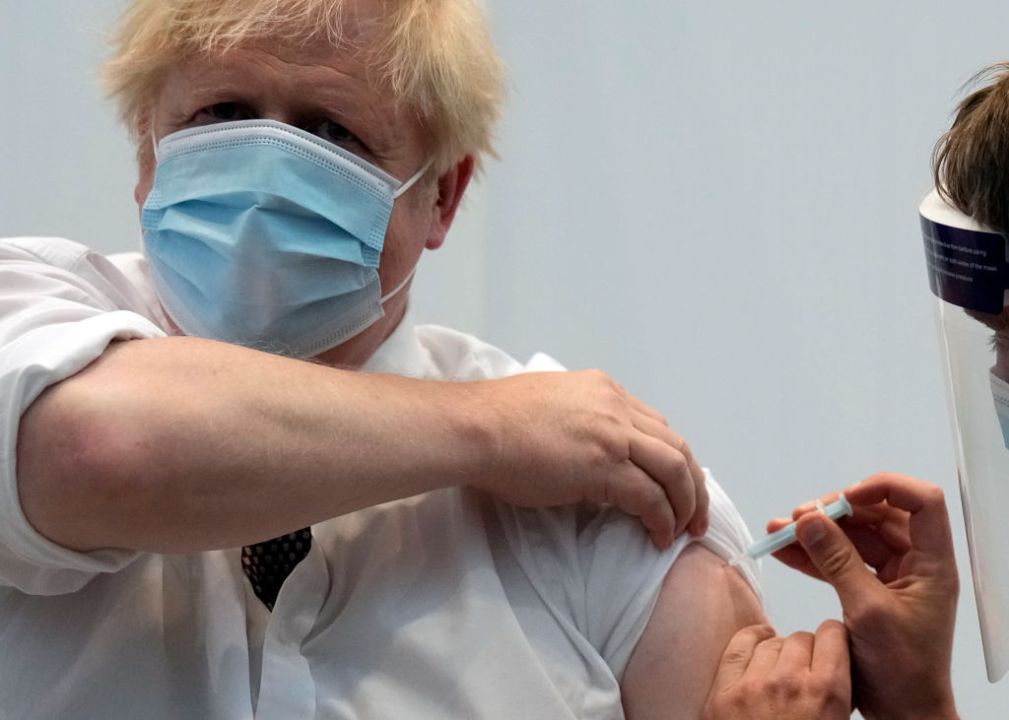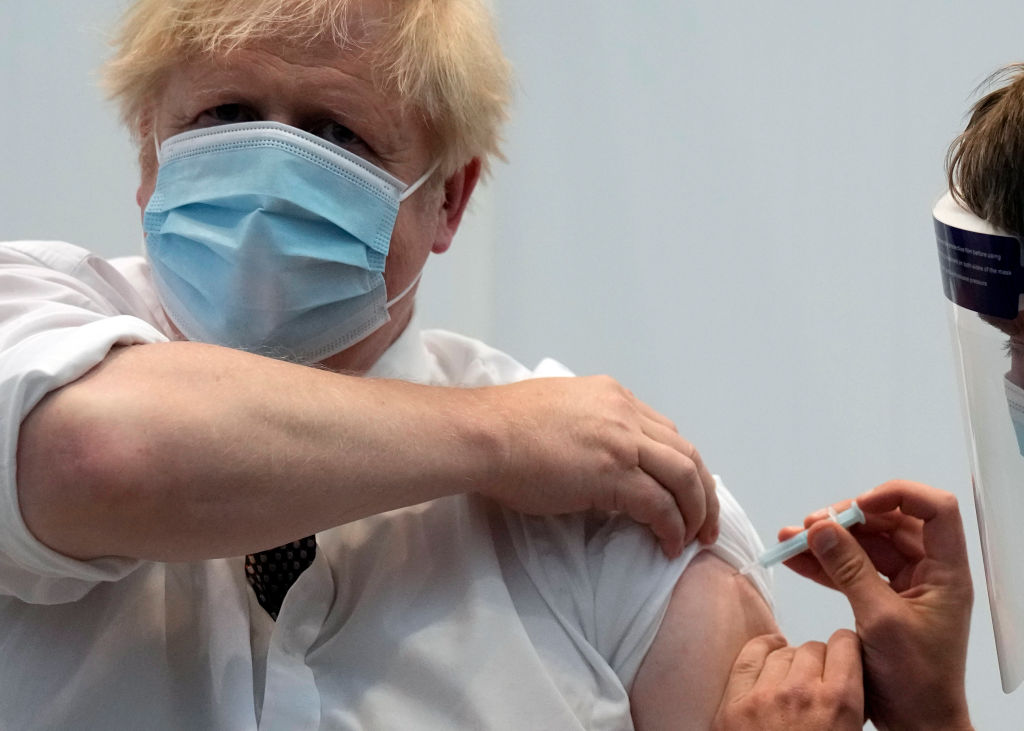The steady stream of mixed messages coming from government ministers have been one of the few constants during the pandemic. Boris Johnson’s numerous u-turns have been well-documented and widely ridiculed. And while the news that the unvaccinated could be offered ‘kebabs for jabs’ may not constitute a full volte-face, it certainly flies in the face of the government’s ‘junk food’ advertising ban. Young people could now be offered discounts on Big Macs if they get vaccinated, but McDonald’s soon might not be able to promote the product on TV before 9pm or online at all. Where’s the logic in that?
This latest approach on encouraging vaccine uptake makes life difficult for public health experts who are keen on building up the nanny state. Do they get behind the move to persuade youngsters to get jabbed and strengthen our defences against the pandemic, even if it undermines their campaign to clamp down on certain eating habits – such as opting for foods high in fat, sugar or salt – that they deplore?
Last month, the government announced a ‘junk food’ advertising ban that will damage food producers, clobber the advertising industry and probably have little impact on obesity. But busybody paternalists were delighted. For them, this new scheme to encourage vaccine uptake is now a fly in the ointment.
The Prime Minister is supposed to be a terrific political communicator, yet his government cannot get the messaging right on vaccines
One troubling thing about this situation is that while the Prime Minister is supposed to be a terrific political communicator, his government has failed repeatedly to get its messaging right on vaccines. After weeks of threatening to bring in vaccine passports, over 30 per cent of 18-29 year olds still haven’t received their first jab.
It’s possible that people realise these threats are all hot air – tough talk designed to pressure the young into coming forward – and that they resent ministers for this shameless ploy. Few believe the government would follow through with a policy so illiberal, particularly when the parliamentary arithmetic appears to make it very difficult for Boris Johnson to force through his plan.
Guilt-tripping hasn’t borne fruit, either. The Health Secretary telling young people to get the jab as older people have ‘done their bit’ cannot have gone down well among a group whose freedoms have been severely curtailed over the last 18 months.
More than half of those aged between 21 and 34 say they have put significant life events on hold during coronavirus. Nearly two thirds of young people claim that lockdowns have negatively impacted their mental health. About a tenth of workers under 25 have lost their jobs during the pandemic – a figure that could have been worse had fewer students not enrolled on post-graduate courses – and measurably more than half have seen a fall in earnings. The university experience has been miserable, school education disrupted. Don’t tell Zoomers that they’re not pulling their weight.
So the news that government has changed tack to incentivise young people into getting the jab is welcome. We can be pretty confident it’ll work: there’s a reason why Eat Out to Help Out, which worked wonders, came with an £850 million price tag. But why can’t Boris Johnson just show the unvaccinated the money? A cash payment would be simple – hand £100 (for instance) to each person who has been jabbed or gets the vaccine. Give the reward to those who’ve already taken it, to avoid setting the precedent that there’s a benefit to holding out.
Or we could learn from Ohio, where governor Mike DeWine announced in May that the state would give away millions of dollars in federal funds to incentivise people to get inoculated. A total of five draws took place, with each winner taking home $1 million (£720,000). Other states then followed with lotteries of their own, and DeWine recently boasted that ‘well over 100,000 extra people were vaccinated at a minimum’. This approach would certainly be cheaper; though either measure could provide the inducement that the hesitant minority in each age group needs.
Alternatively, Boris can continue to sanction the behaviour he is simultaneously attempting to stifle. This doesn’t just apply to ‘junk food’: ministers are also working with Uber on the vaccine discount campaign – the same Uber whose hands it is tying by failing to draft new legislation compatible with today’s gig economy. Perhaps it could offer cigarette vouchers while paying pregnant women to quit? And the rest of us will just sit back, free pizzas in one hand, our heads in the other, wondering how many more excruciating PR episodes the government – or public – can endure.







Comments